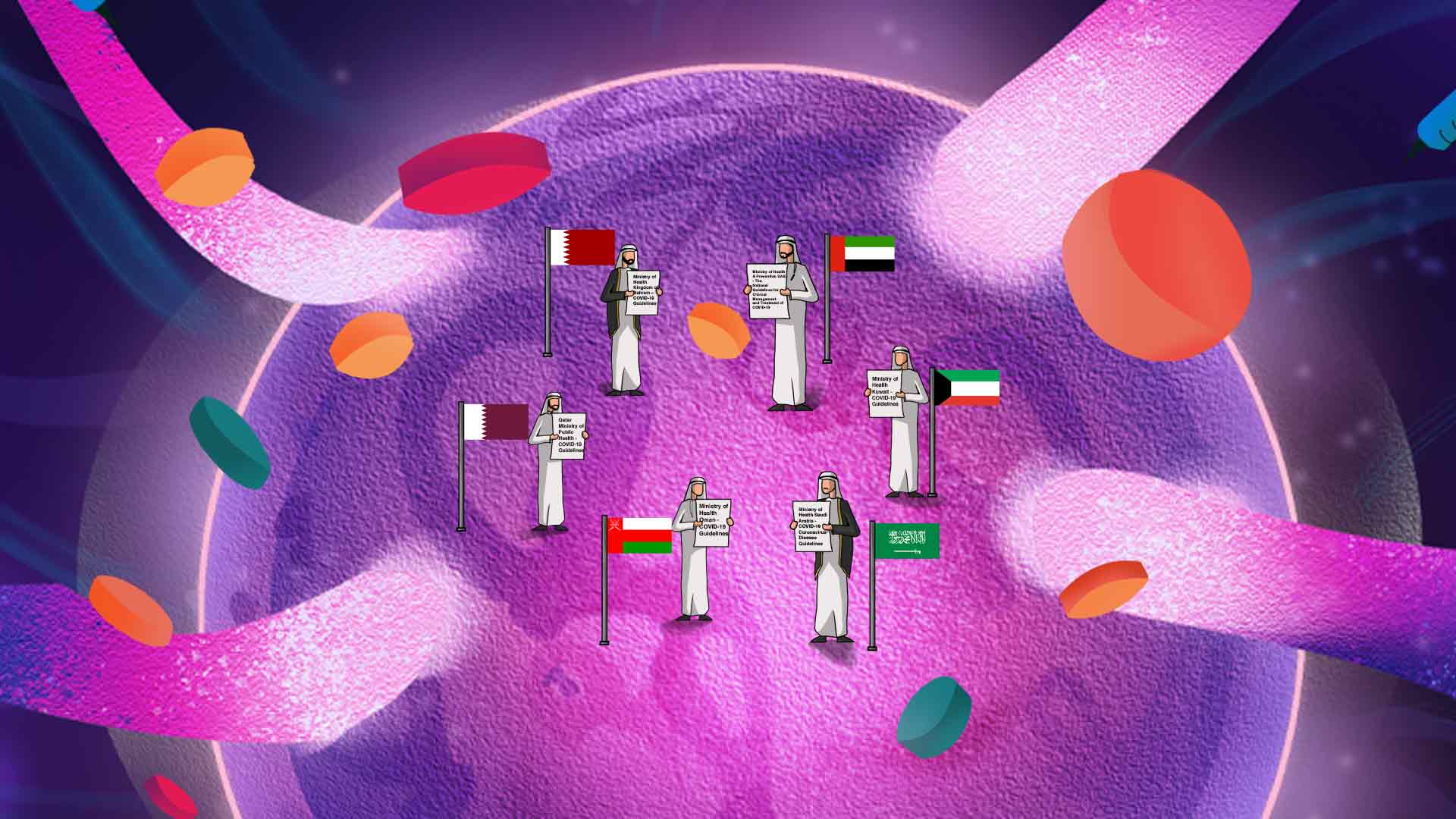- Arbitration
- Banking & Finance
- Capital Markets
- Commercial
- Competition
- Construction & Infrastructure
- Corporate / Mergers & Acquisitions
- Corporate Services
- Corporate Structuring
- Digital & Data
- Dispute Resolution
- Employment & Incentives
- Family Business & Private Wealth
- Innovation, Patents & Industrial Property (3IP)
- Insurance
Find a Lawyer
Book an appointment with us, or search the directory to find the right lawyer for you directly through the app.
Find out more
Legacy: Putting the Family First
This comprehensive guide is designed to help you navigate the intricate landscape of family business and private wealth in the Middle East, where family businesses constitute approximately 60% of GDP and employ 80% of the workforce in the GCC, offering unparalleled opportunities for wealth creation and preservation.
Packed with insights, strategies, and expert advice from our talented lawyers, Legacy provides tailored solutions to the unique challenges of asset protection, succession planning, and dispute resolution in this dynamic region.Read the publication and equip yourself with the knowledge and tools necessary to thrive, whether you’re a seasoned investor, a family business owner, part of the next generation, or a newcomer exploring opportunities in the region.
Read Now
The leading law firm in the Middle East & North Africa region.
A complete spectrum of legal services across jurisdictions in the Middle East & North Africa.
-
Practices
- All Practices
- Banking & Finance
- Capital Markets
- Commercial
- Competition
- Construction & Infrastructure
- Corporate / Mergers & Acquisitions
- Corporate Services
- Corporate Structuring
-
Sectors
-
Country Groups
-
Client Solutions
Today's news and tomorrow's trends from around the region.
17 offices across the Middle East & North Africa.
Our Services
 Back
Back
-
Practices
- All Practices
- Banking & Finance
- Capital Markets
- Commercial
- Competition
- Construction & Infrastructure
- Corporate / Mergers & Acquisitions
- Corporate Services
- Corporate Structuring
- Digital & Data
- Dispute Resolution
- Employment & Incentives
- Family Business & Private Wealth
- Innovation, Patents & Industrial Property (3IP)
- Insurance
- Intellectual Property
- Legislative Drafting
- Private Client Services
- Private Equity
- Private Notary
- Projects
- Real Estate
- Regulatory
- Tax
- Turnaround, Restructuring & Insolvency
- White Collar Crime & Investigations
-
Sectors
-
Country Groups
-
Client Solutions

- Law Firm
- /
- Insights
- /
- Law Update
- /
- November 2020
- /
- 2020 – The year of COVID: a look at the Middle East
2020 – The year of COVID: a look at the Middle East
Andrea Tithecott - Partner, Head of Regulatory and Healthcare - Commercial / Regulatory / Legislative Drafting / Sustainability focused Corporate Governance / Sustainable Finance / Sustainable Business / Sustainable Sourcing / Climate Change & Energy Transition
The year 2020 has been dominated by the COVID-19 pandemic. The Gulf Co-operation Countries, despite their enormous wealth and power, are not immune but in many respects very fortunate in dire circumstances such as these to have the kind of governmental structures and financial resources to mobilise quickly and put in place measures for the health and welfare of their citizens. Since March 2020, the Gulf governments have issued in excess of 500 pieces of legislation, circulars, and guidance documents to fight the virus and ensure the safety of their respective populations.
In parallel, economic stimulus, and business relief packages were swiftly made available to protect the business community. A selection of links to helpful sources of information can be found in the accompanying table.
Table 1: Useful Links to COVID-19 health authority resources in the Middle East
| United Arab Emirates | State of Qatar |
|
|
| State of Kuwait | Kingdom of Saudi Arabia |
|
|
| Sultanate of Oman | Kingdom of Bahrain |
|
|
The ministries of health in each of the Gulf countries have taken the lead on pushing through urgent legislation, often in collaboration with other departments or sectors: for example, reaching through to overlap with employment regulations, enabling return-to-work for many; supporting other sectors, such as construction, enabling infrastructure projects to continue, thus fuelling the economy; and in recent times, issuing safety protocols enabling the aviation sector to recommence flights, and hotels to re-open allowing for ‘staycations’ for those still unable to travel. There are now ‘drive-thru’ COVID-19 testing stations for those who require regular tests to be able to return to the workplace or to catch a flight. Simply download the ‘App’ on a cell-phone and await the result.
It is said the necessity is the mother of invention. The healthcare sector has witnessed a tsunami of innovation and transformation this year on a scale not previously seen in the Gulf. To list a few examples: the world’s largest COVID-19 testing laboratory built in Abu Dhabi in only ten days; the launch of research studies and clinical trials to find a vaccine, with huge resources being ploughed into these projects; and new fast-track procedures for registering and importing medical devices (ventilators) and pharmaceuticals that have COVID-19 treatment benefits, enabling quicker delivery times to hospitals.
Meanwhile, there has been a shift over to digital health, telemedicine, e-prescribing and delivery of medicines to patients in their homes. The region had already been moving in this direction but the pace of change was slow and supporting regulation fragmented. The COVID-19 pandemic has been the catalyst for the issuance of new telemedicine laws and standards, and much quicker routes of approval (or temporarily lifting approval requirements) to enable operators to move to digital care delivery models.
The region remains hugely ambitious and committed to the development of world class healthcare delivery systems for the population. With the Arab Health Conference postponed until June 2021, it is expected that the world and the region will have made significant strides in tackling COVID-19 , to enable the event to take place safely and be the great success it has always been in connecting the region’s healthcare sector. Our healthcare team look forward to connecting with our clients and friends at the next Arab Health Conference.
For further information, please contact healthcare@tamimi.com.
Stay updated
To learn more about our services and get the latest legal insights from across the Middle East and North Africa region, click on the link below.


